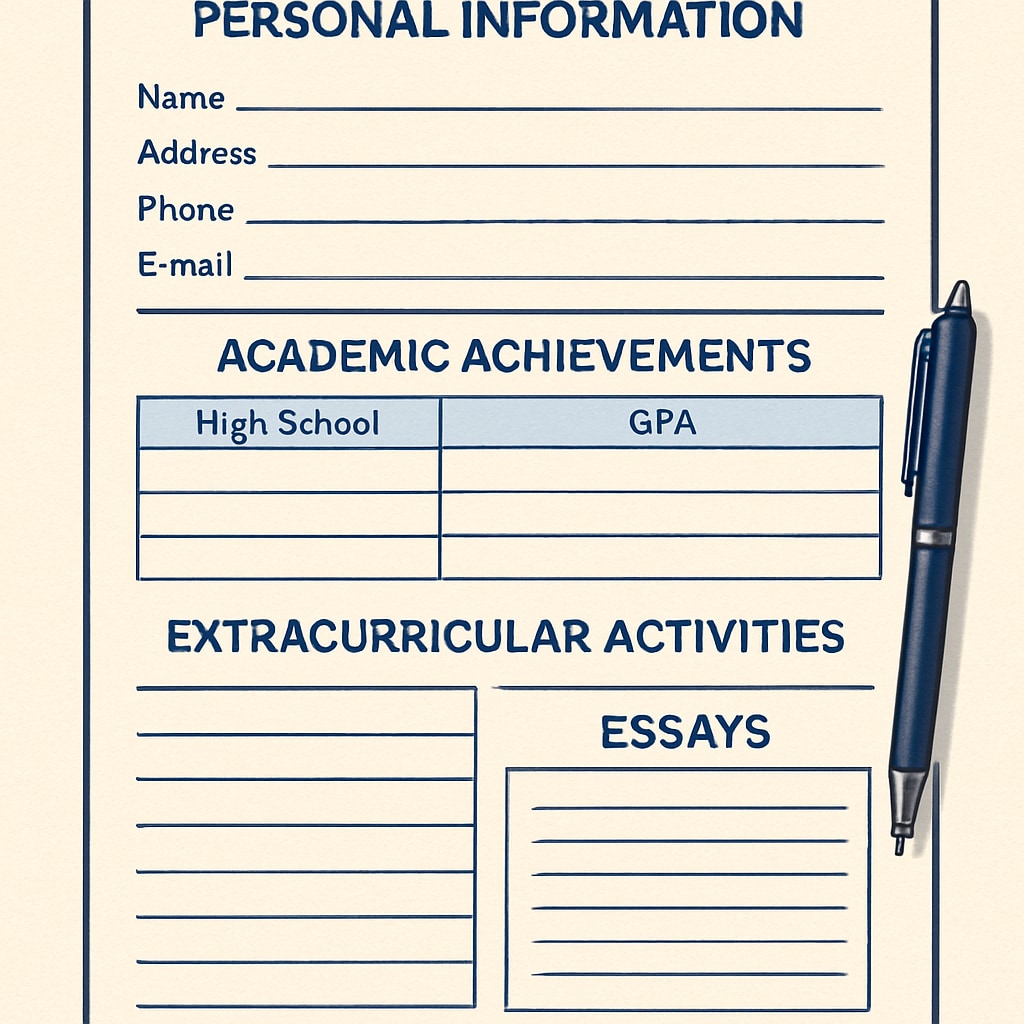Receiving a low grade in a required course, such as a 69% in a CALM (Career and Life Management) class, might seem like an insurmountable obstacle when applying to prestigious schools like Harvard University. However, the admissions process at elite institutions is more complex than many realize. This article delves into how Harvard evaluates academic records, the weight of a single low grade on an otherwise strong application, and strategies for students to address such challenges effectively.

How Do Elite Universities Assess Transcripts?
When it comes to Harvard University and other top-tier schools, admissions committees take a holistic approach to evaluating applications. This means that while grades are undeniably important, they are only one piece of the puzzle. A single low grade, even in a required course like CALM, is unlikely to automatically disqualify a candidate.
Admissions officers review transcripts with the following considerations in mind:
- Trends in performance: Consistent improvement or a strong overall GPA often outweighs one low grade.
- Course rigor: Taking challenging courses, such as Advanced Placement (AP) or International Baccalaureate (IB) classes, demonstrates academic ambition.
- Context: Admissions teams consider the circumstances surrounding a low grade, such as personal challenges or adjustment periods.
In addition, schools like Harvard value qualities such as resilience, self-reflection, and the ability to learn from mistakes. A single C+ does not define your academic potential, especially if you can demonstrate growth and maturity in other areas of your application.
Addressing a Low Grade in Your Application
While a 69% in CALM may not ruin your chances, it’s essential to address it proactively. Here are some strategies to handle a low grade effectively:
- Provide context: If personal challenges contributed to the grade, consider explaining them briefly in the “Additional Information” section of your application.
- Show improvement: Focus on higher grades in subsequent terms or in related subjects to demonstrate your ability to overcome setbacks.
- Highlight strengths: Emphasize academic achievements, awards, or standout projects in other areas.
- Secure strong recommendations: Teachers or counselors who can vouch for your work ethic and character can offset concerns about a single grade.

Life Lessons Beyond the Transcript
Ultimately, a Harvard application is not just about grades—it’s about the story you tell. Elite universities are looking for individuals who will contribute to their community, both academically and socially. A low grade can demonstrate resilience, self-awareness, and a capacity to grow, all of which are valuable traits in the eyes of admissions officers.
Additionally, extracurricular activities, leadership roles, and personal essays play a significant role in showcasing your personality and passions. Use these components to reinforce your strengths and provide a fuller picture of who you are.
For example, if your CALM course grade stemmed from a lack of interest in the subject, you could discuss how you learned the importance of time management or developed a greater appreciation for required courses. Framing setbacks as learning experiences can leave a lasting positive impression.
Final Thoughts
While a C+ in a required course like CALM may feel discouraging, it is essential to remember that Harvard University’s admissions process is holistic. A single low grade will not define your application, especially if you take steps to address it and highlight your strengths elsewhere. Focus on consistent academic improvement, tell your story authentically, and demonstrate your potential to thrive in an elite academic environment.
By approaching the application process strategically and with confidence, you can ensure that your Harvard dreams remain within reach, regardless of a single low grade.
Readability guidance: Keep sentences concise, use transitions to ensure smooth flow, and avoid overloading paragraphs with too much information. Lists and examples help make complex ideas more digestible.


